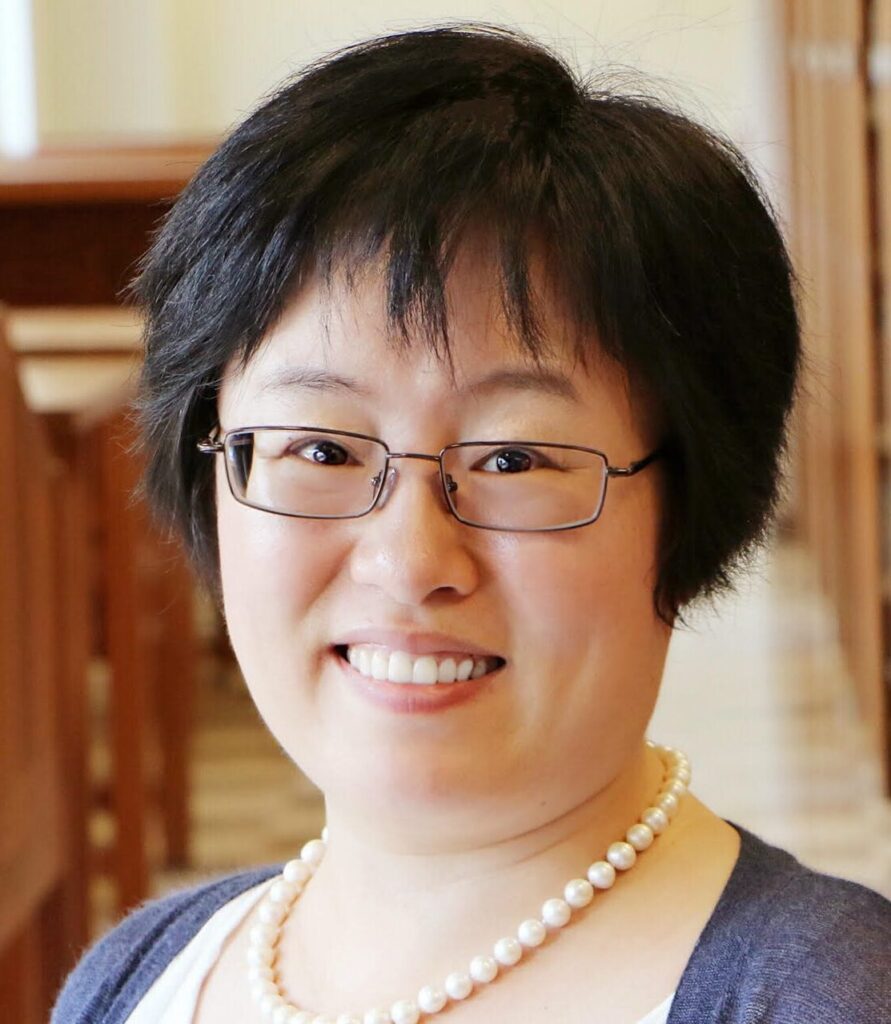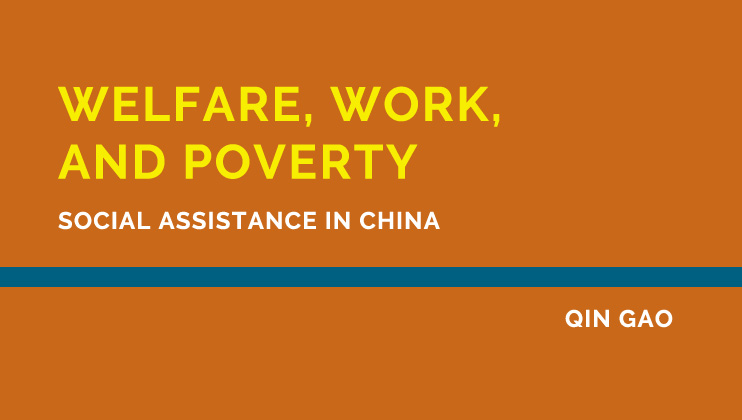Wednesday, May 10, 2017 | 5:30 PM EDT - 7:00 PM EDT
National Committee on U.S.-China Relations |, New York, NY
Even as the China’s economic reforms in the 1980s and 90s laid the foundation for it to become an economic powerhouse, increasingly wide gaps opened up between rich and poor, leaving behind those ill equipped to compete in a market economy. The massive changes taking place were also reflected in the uneven distribution of social welfare benefits, which tended to accrue to those best positioned to succeed under the new system. In 1993, Shanghai implemented a minimum livelihood guarantee or dibao, an anti-poverty safety net. Since then, the program has expanded throughout China and is centrally regulated. Today, it serves as the country’s primary social insurance program. Even though it is the largest welfare program in the world, there has been little English-language research evaluating the effectiveness of the dibao system. In her new book, Welfare, Work, and Poverty: Social Assistance in China, Columbia University professor and expert on low-income families in China Qin Gao attempts to rectify this deficiency by answering key questions about the program’s efficacy.
Dr. Gao examines how successful the dibao system has been at alleviating poverty, as well as patterns of behavior and the sense of well-being among dibao recipients. Her work not only deepens our understanding of entitlements in China, but also adds the Chinese case as a comparative example to the growing body of literature looking at welfare systems around the world. On May 10, 2017, Dr. Gao joined the National Committee in New York City for a discussion of her book, the development and expansion of the dibao system, as well as its policy implications for China and other countries. The conversation was moderated by Professor Mark Frazier, director of the India China Institute at The New School.

Qin Gao
Qin Gao is professor of social policy and social work at the Columbia University School of Social Work and director of the newly established China Center for Social Policy at the school. She is a faculty affiliate of the Columbia Population Research Center and Weatherhead East Asian Institute. She is also an academic board member of the China Institute for Income Distribution at Beijing Normal University, and is a Public Intellectuals Program fellow of the National Committee on U.S.-China Relations. Dr. Gao’s research examines poverty, income inequality, and social welfare policies in China and their cross-national comparisons. Dr. Gao also studies gender inequality and social protection for rural-to-urban migrants in China. She has published widely in leading interdisciplinary journals such as The China Quarterly, Journal of Contemporary China, Journal of Policy Analysis and Management, Journal of Social Policy, Review of Income and Wealth, Social Service Review, and World Development.

Mark W. Frazier
Mark W. Frazier is professor of politics at the New School for Social Research, and academic director of the India China Institute at The New School. His recent research compares China and India in terms of how each has coped with development challenges related to inequality and urbanization, historically and in the present. He is the author of Socialist Insecurity: Pensions and the Politics of Uneven Development in China (Cornell University Press 2010) and The Making of the Chinese Industrial Workplace (Cambridge University Press 2002). He has authored op-ed pieces and essays for The New York Times, Daedalus, The Diplomat, and World Politics Review. Dr. Frazier is also a fellow of the National Committee’s Public Intellectuals Program.
